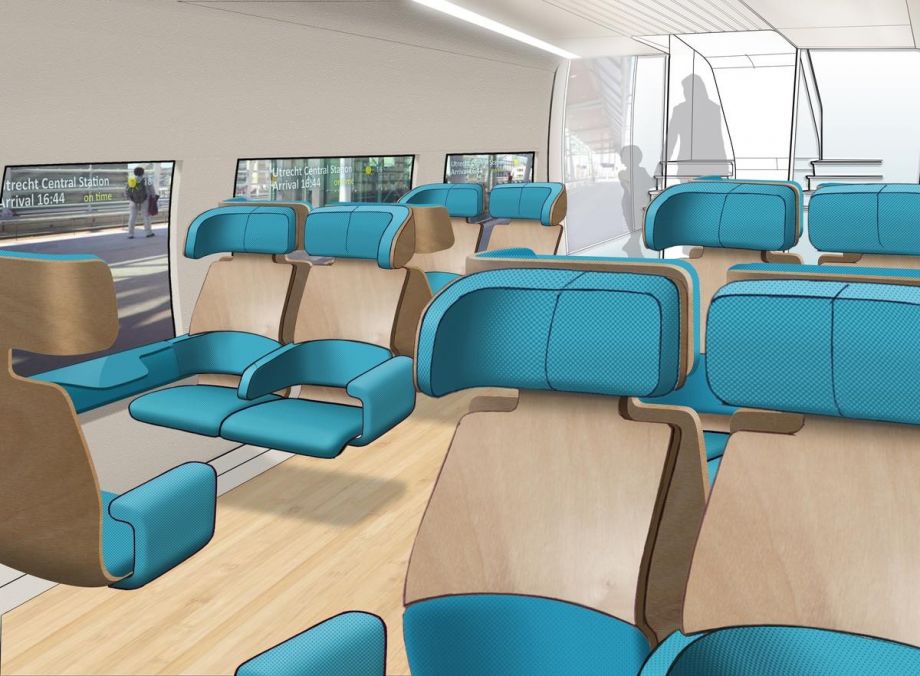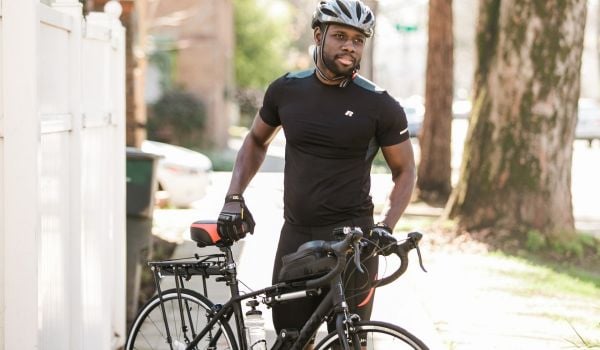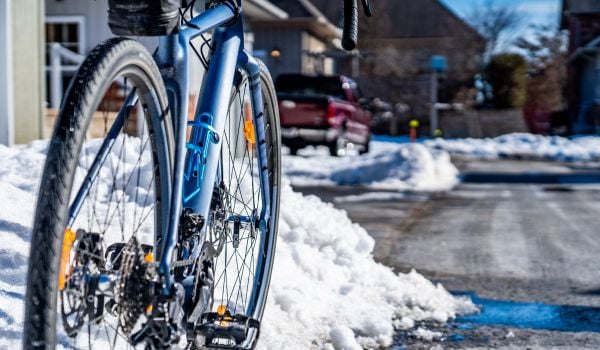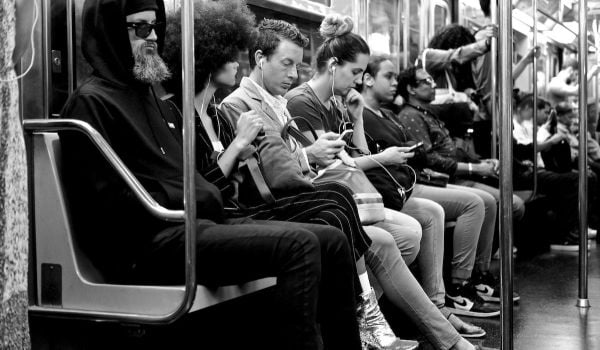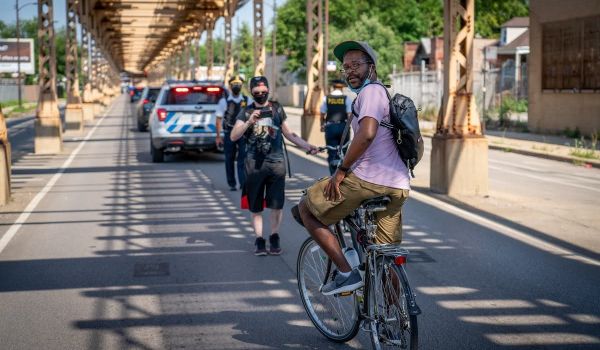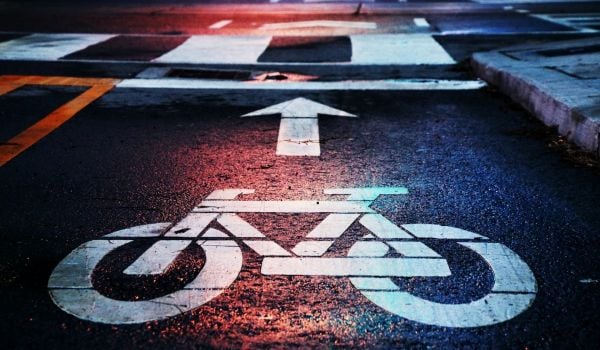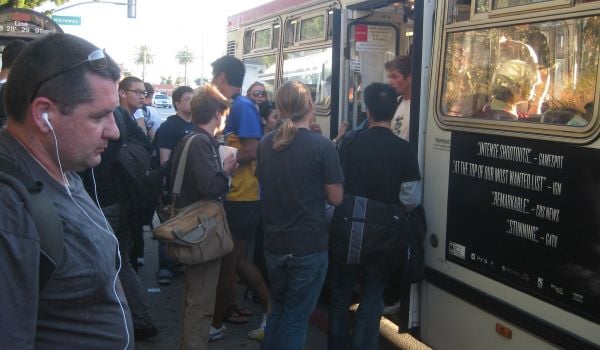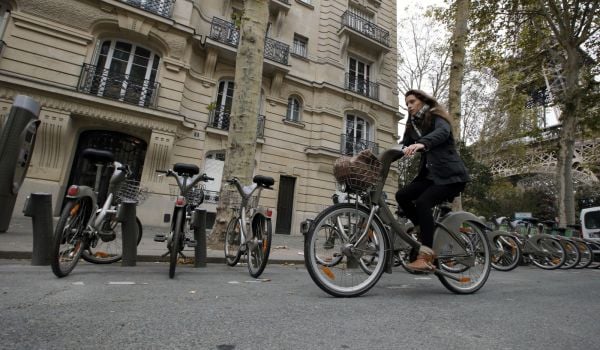When you board a bus or train, you’re usually focused on getting to your destination as quickly as possible. But Michiel Meurs and his team at FromAtoB Public Design in Bunnik, Netherlands, are thinking about the design of public transit infrastructure in terms of comfort, sustainability and aesthetics. Meurs was one of four winners of a recent design competition that aims to completely eliminate the concept of waste. While that’s probably a far-off reality, the competition, held by Cradle to Cradle Products Innovation and Autodesk, did highlight emerging designers who are using safe materials that can be perpetually recycled.
Meurs’ winning design, the AtoB Seat, is intended to be easy to clean, maintain, disassemble and recycle. The seat is made from recycled aluminum, recycled PET and formaldehyde-free bamboo plywood. Meurs said the use of aluminum was key: Aluminum can be 100 percent recycled and used over and over again with no loss in quality. By using recycled aluminum in the seats, Meurs said, almost 95 percent less energy was required to produce the seat than if they had relied on producing new material.
Another top winner of the biannual competition was New York-based Barent Roth, which created BikeShare Helmet. The gear is meant specifically for use with bike-shares. With a recycled aluminum foam shell and a liner made of sustainably grown cork, the helmet provides maximum protection with minimal bulk and weight.
Most bike-shares currently do not provide helmets, which has led to discussions over safety and the efficacy of helmet laws. Roth, a designer and educator, plans his helmet as an upgrade to existing bike-share memberships.
Designers from 18 countries entered the competition, and the four winners will each receive $2,000. Lynelle Cameron, of Autodesk, said in a press release that the winners provided practical solutions to the planet’s dwindling resources.
“Designing for a world facing finite resources and a growing population requires enterprising and intrepid designers,” Cameron said. “It’s exciting to see these young designers rise to the challenge.”
Kelsey E. Thomas is a writer and editor based in the most upper-left corner of the country. She writes about urban policy, equitable development and the outdoors (but also about nearly everything else) with a focus on solutions-oriented journalism. She is a former associate editor and current contributing editor at Next City.

